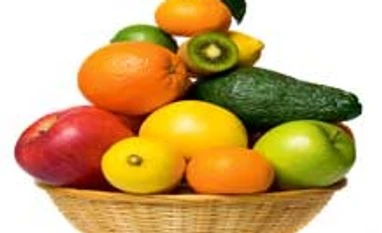"This is an unfortunate development. The way it has happened leaves open the question if this is the only measure or some more could be expected," Ficci President Sidharth Birla said.
"This (ban) defies the spirit of cooperation that one would expect. The move would have a bearing on the farmers and exporters from India as well as impact trade and consumers in UK and other countries in the EU," he added.
More From This Section
Earlier this week, the EU temporarily banned imports of Alphonso mangoes, the king of fruits, and four vegetables from India from May 1.
The decision by the grouping's Standing Committee on Plant Health came after 207 consignments of fruits and vegetables from India imported into the EU in 2013 were found to be contaminated by pests such as fruit flies and other quarantine pests.
"The entire ecosystem for exports in India is well geared to meet the quality and safety requirements of countries across the world. Our farmers, packers and exporters supply agri-commodities to different countries".
"There may have been a few isolated cases in the past, but the way to deal with such a situation is through a discussion. What we have got now is a punitive solution that does not bode well for the larger economic relations between the two sides," Birla said.
A revision of the ban will take place before December 31, 2015.
The UK imports nearly 160 lakh mangoes from India and the market for this fruit is worth nearly 6 million pounds a year.
India, the world's largest exporter, sells about 65,000-70,000 tonnes of all varieties of mangoes in the global market, out of total production of 15-16 lakh tonnes.
)